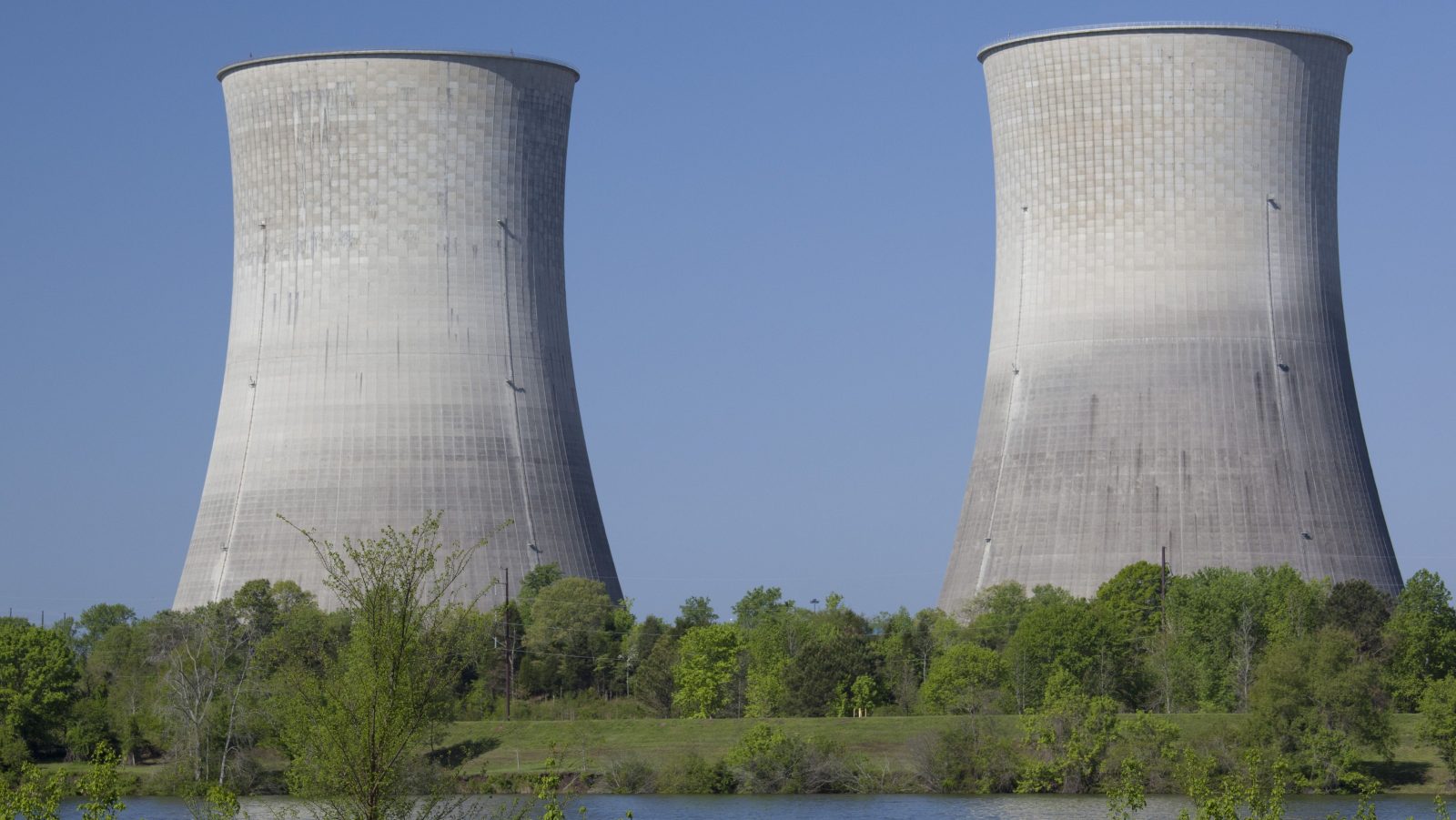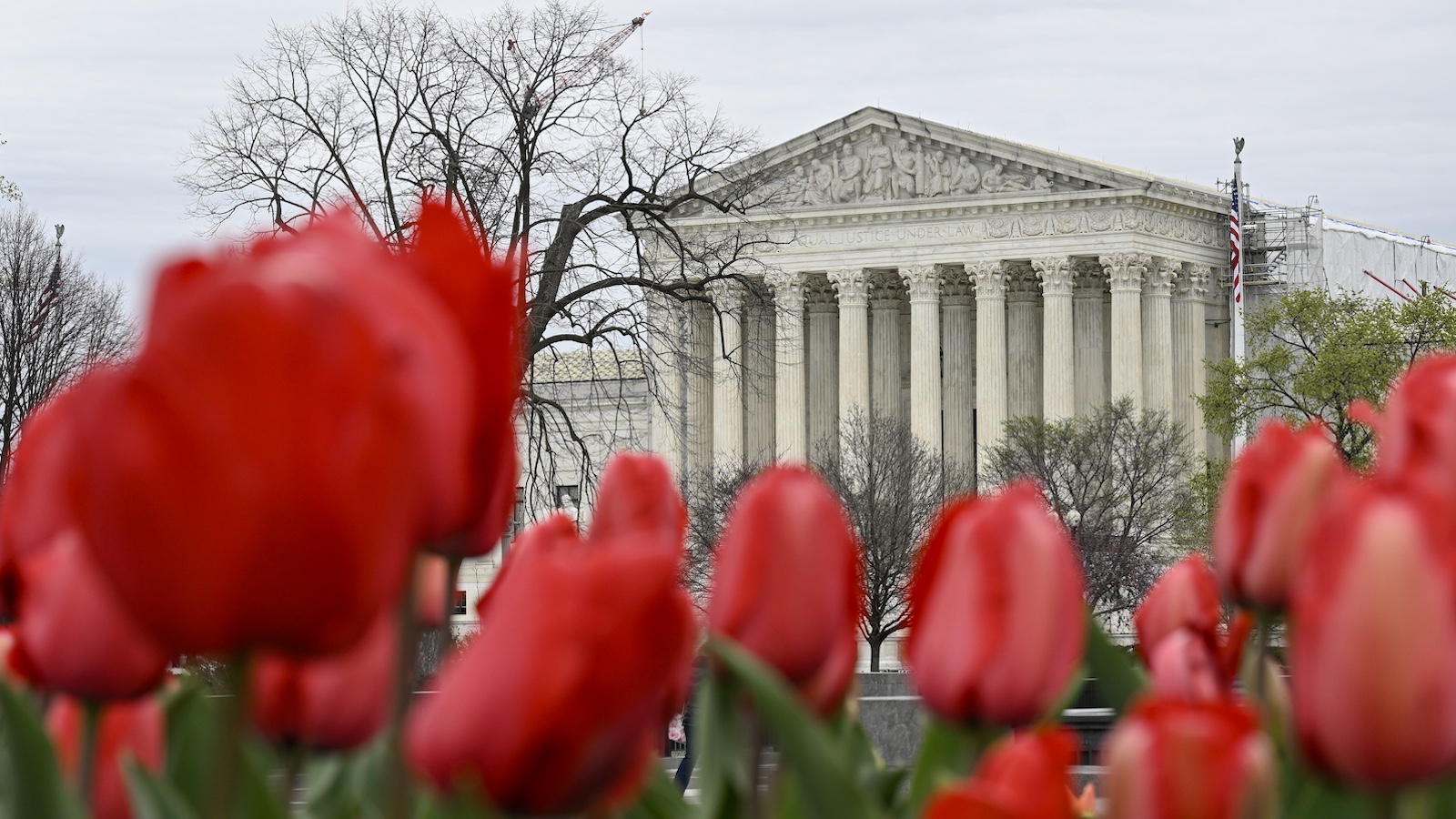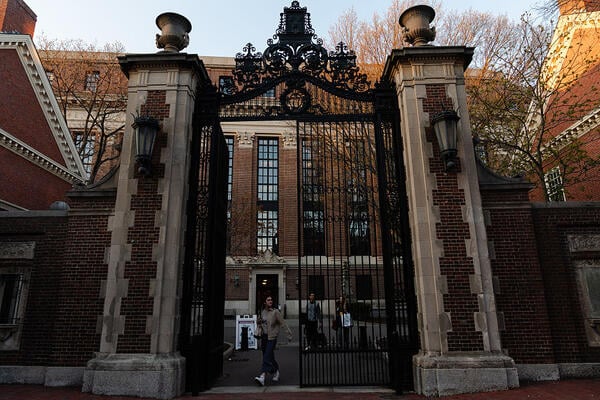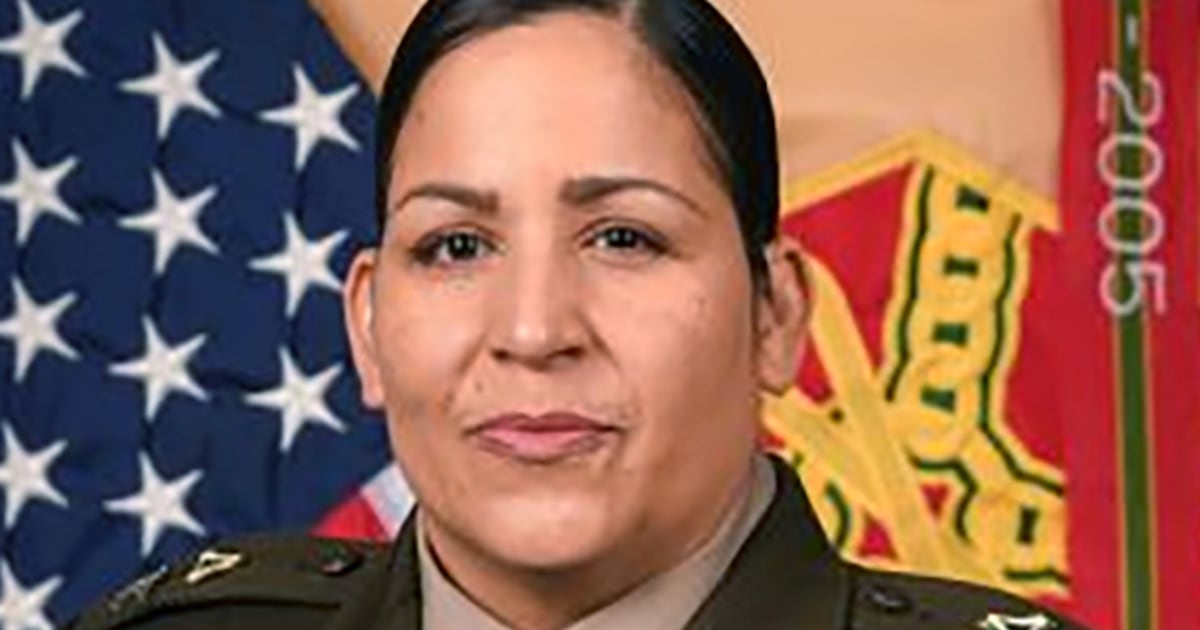Trump Signs Executive Actions to Transform Education Policies

In a significant move aimed at reshaping the educational landscape in the United States, President Trump signed a series of executive actions on Wednesday that target both higher education institutions and K-12 schools. These actions are designed to align educational policies with a conservative agenda, rolling back measures implemented during the Biden administration and introducing new standards that focus on accountability and transparency.
One of the key components of this initiative addresses the role of college and university accreditors. According to statements from the White House, the administration believes that these organizations have "abused their authority by imposing discriminatory diversity, equity, and inclusion (DEI)-based standards." By challenging the existing accreditation processes, Trump aims to hold colleges accountable for what he describes as ideological bias within higher education.
The executive order concerning accreditation directs Education Secretary Linda McMahon to undertake a comprehensive overhaul of the system. Accreditation is a critical process that institutions must undergo to qualify for federal financial aid, as it ensures that educational programs meet a certain standard of quality. Trump has previously referred to accreditation as his "secret weapon" in combating what he perceives as ideological overreach in colleges. This new directive would allow for the recognition of additional accreditors, thereby fostering competition within the system. Critics, however, have expressed concerns that this initiative may be used to manipulate accreditation processes in a way that undermines academic freedom. Todd Wolfson, president of the American Association of University Professors, stated, "Trump's goal is to manipulate accreditors in order to force colleges and universities to do his bidding and punish them when they resist."
Another significant executive action mandates universities to disclose foreign funding more effectively. The administration warned that failure to provide "full and timely disclosure" could result in the revocation of federal grants. Will Scharf, White House staff secretary, indicated that some universities, particularly Harvard, are suspected of routinely violating existing disclosure laws. While current federal regulations already require institutions to report gifts or contracts exceeding $250,000 from foreign entities, the new orders emphasize the need for greater transparency. In response, a spokesperson from Harvard stated that the institution has complied with these regulations for decades. On his social media platform, Truth Social, Trump criticized Harvard, labeling it as a "Liberal mess" and a "threat to Democracy."
In terms of K-12 education, Trump's executive actions call for new federal guidelines on school discipline. This initiative aims to dismantle previous policies set forth by the Biden and Obama administrations that sought to reduce racial disparities in disciplinary measures such as suspensions and expulsions. The new guidance will prohibit schools from employing "racially preferential discipline practices," which supporters argue will empower local school boards to enforce discipline more effectively. Tiffany Justice, co-founder of Moms for Liberty and a visiting fellow at the Heritage Foundation, commented, "By ending federal overreach, it frees educators to focus on teaching, not chaos, ensuring kids get a quality education." However, civil rights advocates have raised alarm over these changes. Judith Browne Dianis, who leads the Advancement Project, a civil rights nonprofit, criticized the executive orders, claiming they threaten to dismantle vital civil rights protections in schools.

























